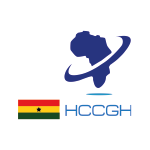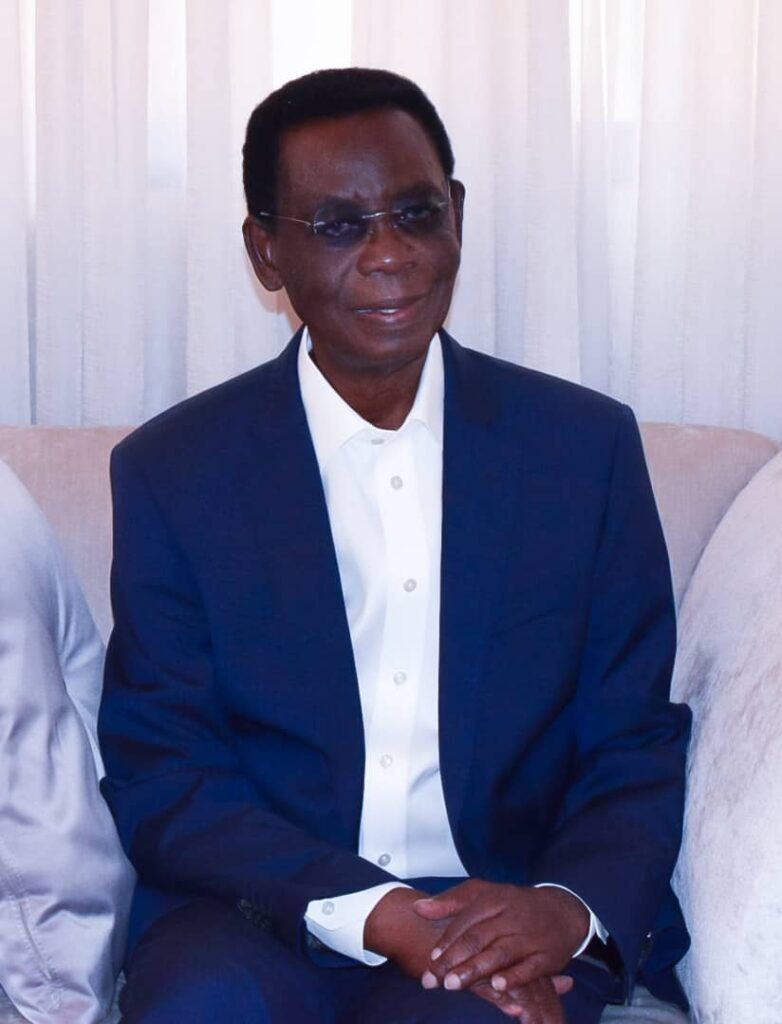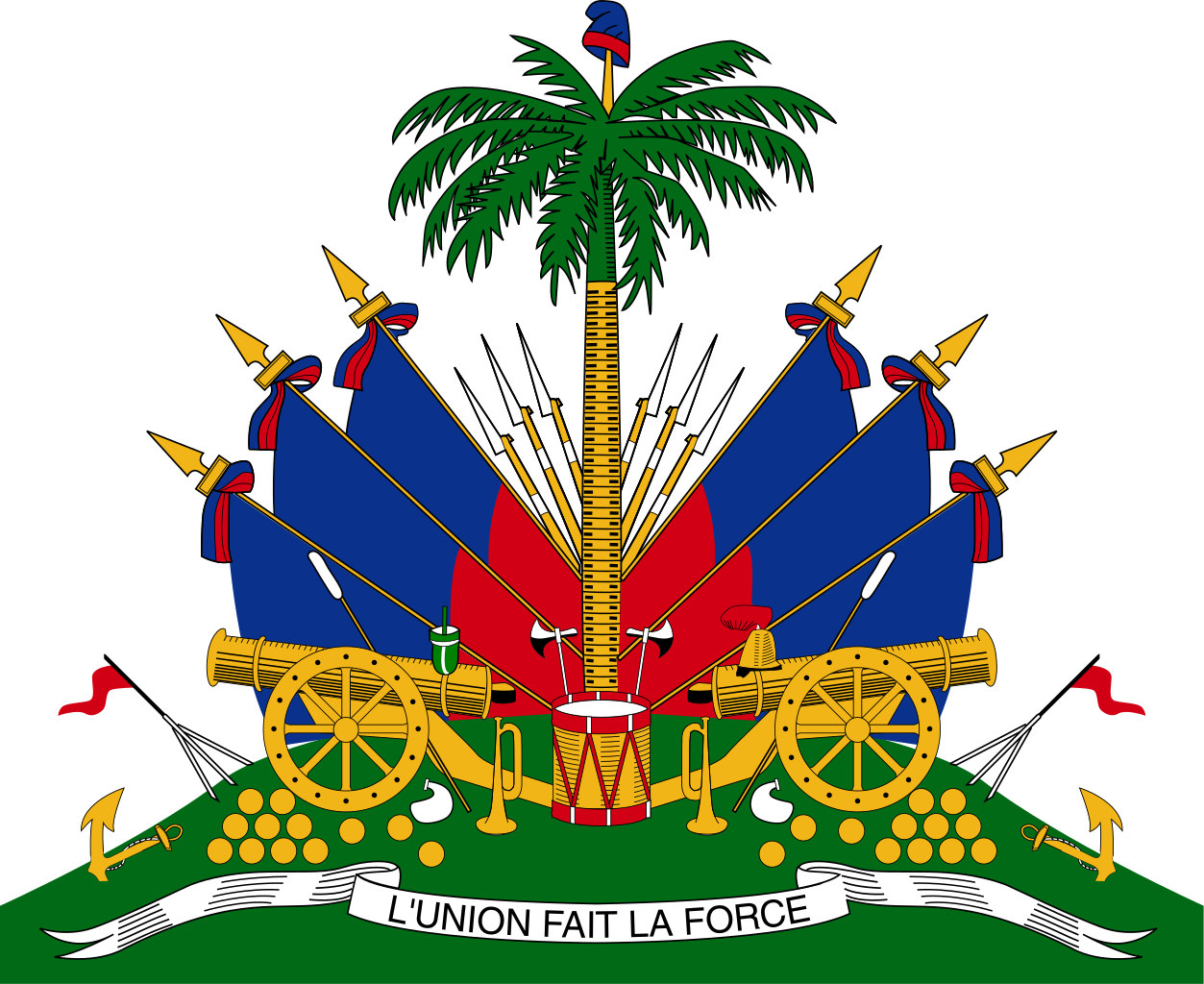Hon. Emmanuel Ray Quarcoo
GoG & Local Authorities Relationship – HCCGH
Ambassador Emmanuel Ray Quarcoo appointed as Honorary Consul General of Haiti to Ghana with Exequatur on 25th October 2013.
He is a trained Electronics Technician; with over 47 years working experience with Grundig; as well as serving as Director of International Projects and West African Sole Representative of FlexPlan International, a Danish Hospital Engineering Company in Nigeria.
He returned to Ghana from Nigeria and set up Planet Electronics Company Limited, dealing in Motorola Communication Systems; and also specialized in assembling of radio and television in partnership with Hitachi, a reputable Japanese television manufacturing company.
Ambassador at Large (Special Envoy) to the Former Head of State of the Republic of Sierra Leone, His Excellency Valentine Strasser from 1992 and in 1996, he returned to Ghana to set up TransContinental Financial Services Limited (TCF) in partnership with Travelex of United Kingdom.
A Government of Ghana appointed Goodwill Sports Ambassador in recognition for his contribution for sports development; he has served in many national and international sports administrative positions including; member of the Executive Committee of the African Boxing Federation of the International Boxing Federation (AIBA), Lussane, Switzerland; President of the Ghana Boxing Federation; Vice Chairman of the Welfare Committee of the national soccer team, the Black Stars etc.; and recipient of several national and international sports sponsorship awards and Certificates of Honour; including the International Olympic Committee Meritorious Award from the late His Excellency Juan Samaranch for his immense contribution to sports development at the Barcelona Olympic Games in 1992.
He is as well honoured as Life Patron of the Sports Writers Association of Ghana. An inspirational sports philanthropist and successful entrepreneur, he has made many top Ghanaian boxers realized their dreams as they achieved their full potential as world champions. Proprietor of Premier Beach Resort, a beachfront recreational facility.


